Search Results
Showing results 1 to 8 of 8

The Geophysical Light/Dark Cycle
Source Institutions
This is an activity (located on page 131 of the PDF) related to sleep and circadian rhythms as well as space travel.
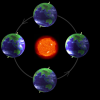
The Four Seasons
Source Institutions
In this lesson that includes hands-on activities and demonstrations, learners discover that it is the tilt of the Earth's axis (not its proximity to the sun) that causes the seasons.
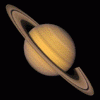
Build a Solar System
Source Institutions
In this activity, learners make a scale model of the Solar System and learn the real definition of "space." Learners use the online calculator to create an appropriate scale to use as a basis for thei
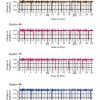
Transit Tracks
Source Institutions
In this space science activity, learners explore transits and the conditions when a transit may be seen.
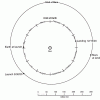
Getting There!: Navigation and Trajectory
Source Institutions
In this two-part activity, learners map a navigation plan to get from Earth to Mars and back. In activity one, learners represent the orbital paths of Earth through dance and dramatic movement.
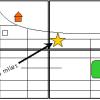
Solar System in My Neighborhood
Source Institutions
In this activity, learners shrink the scale of the vast solar system to the size of their neighborhood.
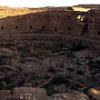
Seasons and Shadows: Investigate How Shadows Shift Throughout the Year
Source Institutions
In this activity you'll see how the sun's tilt on its axis changes the length of shadows. For example, why is your shadow longer in winter than in summer?

Changing Shadows
Source Institutions
In this sunny day, outdoor activity, learners observe changes in shadows over time. The activity also helps to develop a sense of the Earth's motion.
